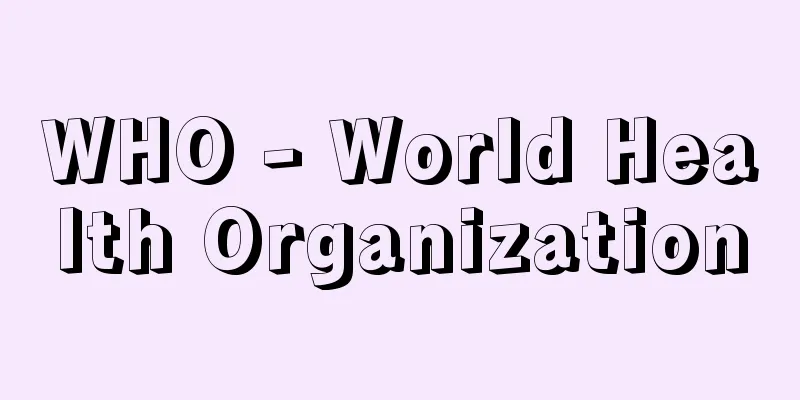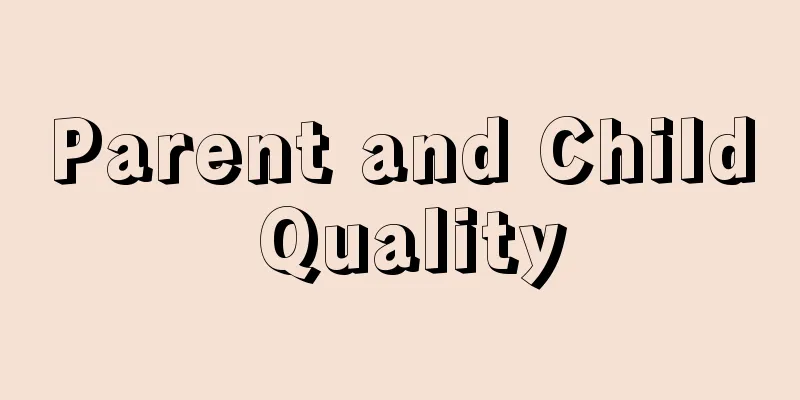WHO - World Health Organization

|
It is one of the specialized agencies of the United Nations established based on the World Health Charter (effective April 7, 1948). Its goal is "the attainment by all peoples of the highest possible level of health." The WHO is headquartered in Geneva, and as of August 2006, it has 193 member countries and regions, and two associate member regions. Japan became a full member in 1951. Its main activities are: (1) overall coordination of medical information; (2) acting as a leading and coordinating body for international health activities; (3) providing technical assistance to countries around the world in strengthening health activities; (4) encouraging and promoting activities to eradicate infectious and other diseases; (5) promoting and guiding research in the field of health; and (6) developing and improving international standards for biological products and similar products, as well as food. When a new strain of influenza broke out in April 2009, the WHO played a central role in considering countermeasures. Furthermore, the rapid sharing of samples with the international community through the WHO network played a major role in advancing countermeasures and vaccine development in each country. Meanwhile, the WHO is considering formulating guidelines calling for the self-restraint of organ transplants overseas. This was scheduled to be adopted at the general assembly in May 2009, but a decision was postponed in order to prioritize measures against the new strain of influenza. This is expected to have an impact on the review of the organ transplant law currently being considered in Japan. (Miho Hoshino, Freelance Writer / 2009) Source : "Chiezo" published by Asahi Shimbun Publications Co., Ltd. About Chiezo |
|
世界保健憲章(1948年4月7日発効)に基づいて発足した国際連合の専門機関の1つ。「すべての人々が可能な最高の健康水準に到達すること」を目的に掲げている。 本部はジュネーブにあり、2006年8月現在、WHOの加盟国は193カ国・地域、準加盟国は2地域である。日本は1951年に正式加盟している。 主要事業活動は、(1)医学情報の総合調整、(2)国際保健事業の指導的かつ調整的機関としての活動、(3)保健事業の強化についての世界各国への技術的協力、(4)感染症及び他の疾病の撲滅事業の奨励・促進、(5)保健分野の研究の促進・指導、(6)生物学的製剤及び類似の製品、食品に関する国際的基準の発展・向上、である。 2009年4月、新型インフルエンザが発生した際には、WHOが中心となって対策が検討された。またWHOのネットワークを通じて検体が迅速に国際社会で共有されたことが、各国の対策やワクチン開発を進める上で大きな役割を果たした。 一方、WHOでは海外での臓器移植自粛を求める指針の策定を検討している。これは09年5月の総会で採択される予定であったが、新型インフルエンザ対策を優先させるために決定が先送りされた。これにより、日本で検討されている臓器移植法の見直しにも影響を与えると見られている。 (星野美穂 フリーライター / 2009年) 出典 (株)朝日新聞出版発行「知恵蔵」知恵蔵について 情報 |
<<: Whole consort (English spelling) whole consort
Recommend
Red-spotted monkey
[1] 〘 noun 〙① = orangutan [Natural History Teachin...
Ryoshi
Historical work. One of the 25 official histories ...
Tulunid Dynasty - Tulunid Dynasty (English spelling) Ṭūlūn
The first Egyptian dynasty (868-905) to gain indep...
Tîrgu Mureş
The capital of the Mures County in Romania, locate...
Oil Pass - Oil Pass
...National Route 144 passes through the old Tori...
Sumitomo Chemical Co., Ltd.
A fertilizer manufacturing plant using waste gas f...
Motonari Mori - Mourimotori
A military commander in the Sengoku period. He wa...
Ghuri (English spelling)
…of Circassian descent, reigned 1501-16. Also kno...
Aristolochia
A vine of the Aristolochiaceae family with around ...
'Khyug yig (English spelling) khyugyig
...Some consonants change their shape when combin...
Dall's porpoise (English spelling)
...A mammal of the family Phocoenoides. One of th...
Chrysanthemum flag
…Furthermore, in February, the Tosei Daitoku-fu w...
East Court - Azuma Court
A long coat for women's kimono. It was first s...
Izuhara Port
A port in Nagasaki Prefecture. Located southeast o...
Prayer - Kitou
Prayer, in a broad sense, means all religious requ...









